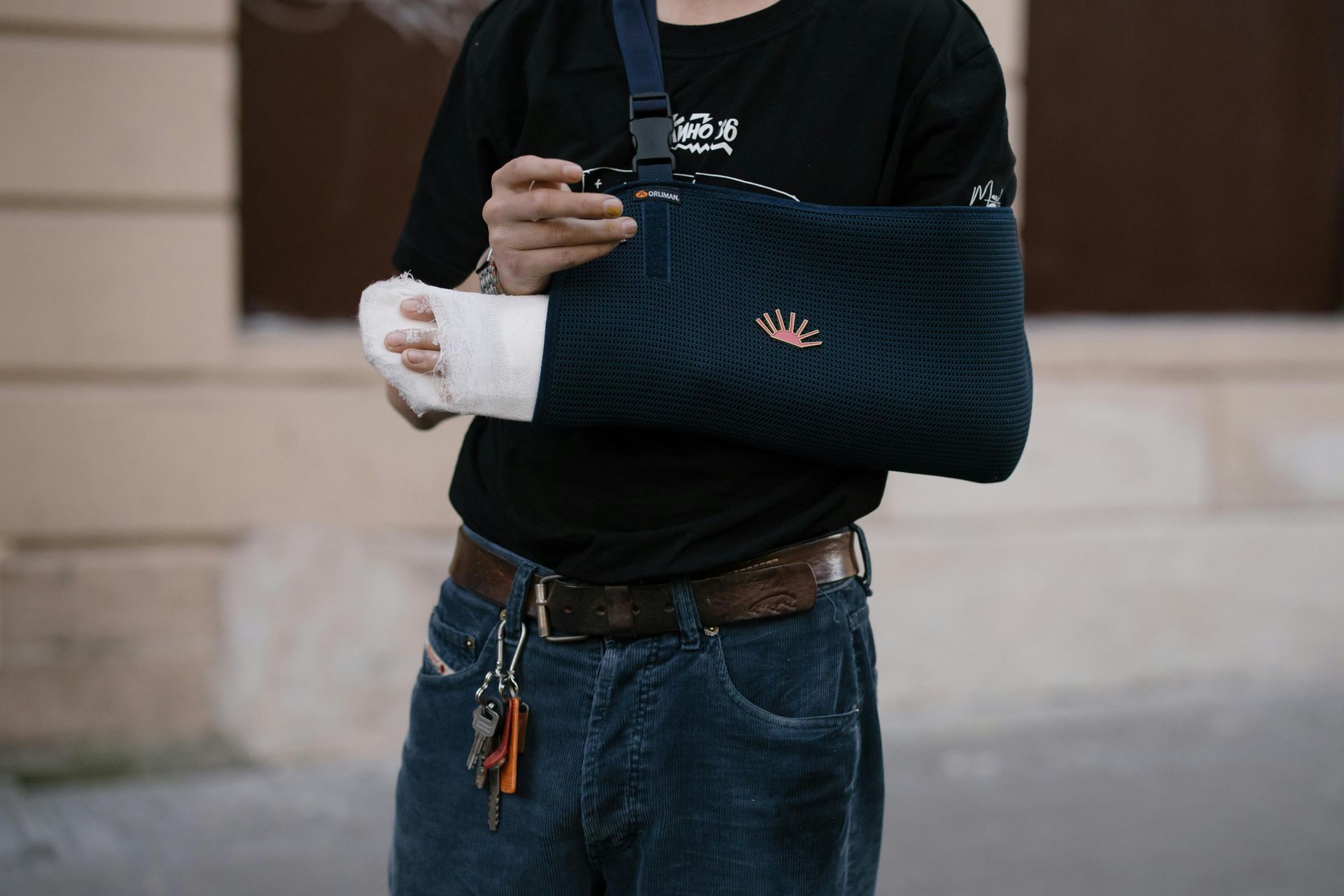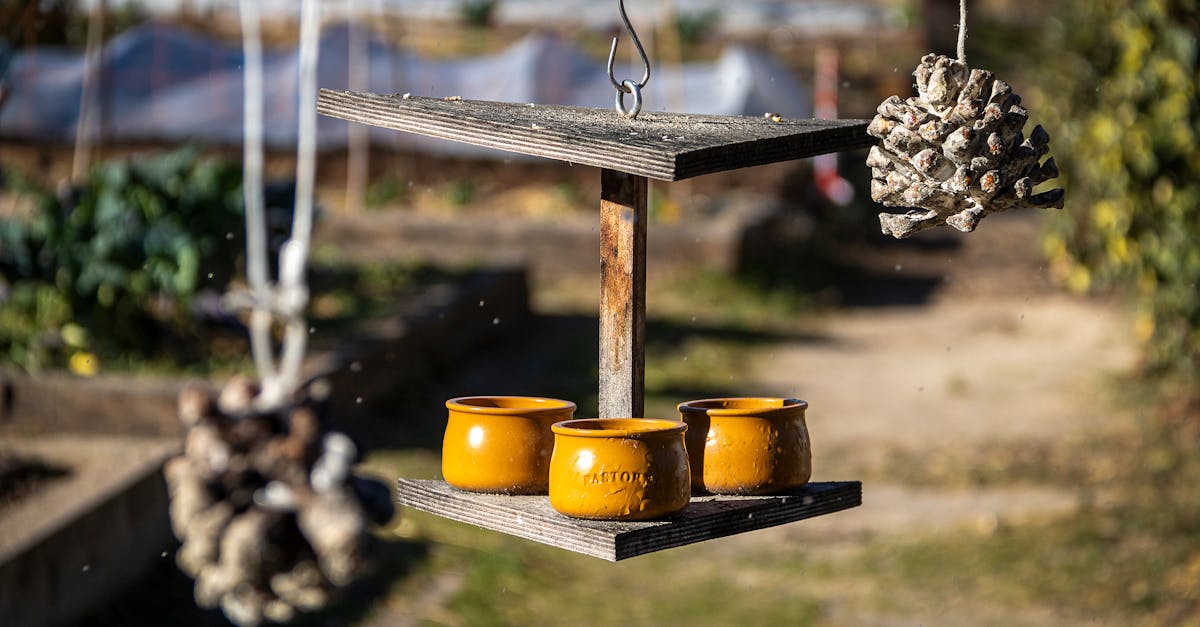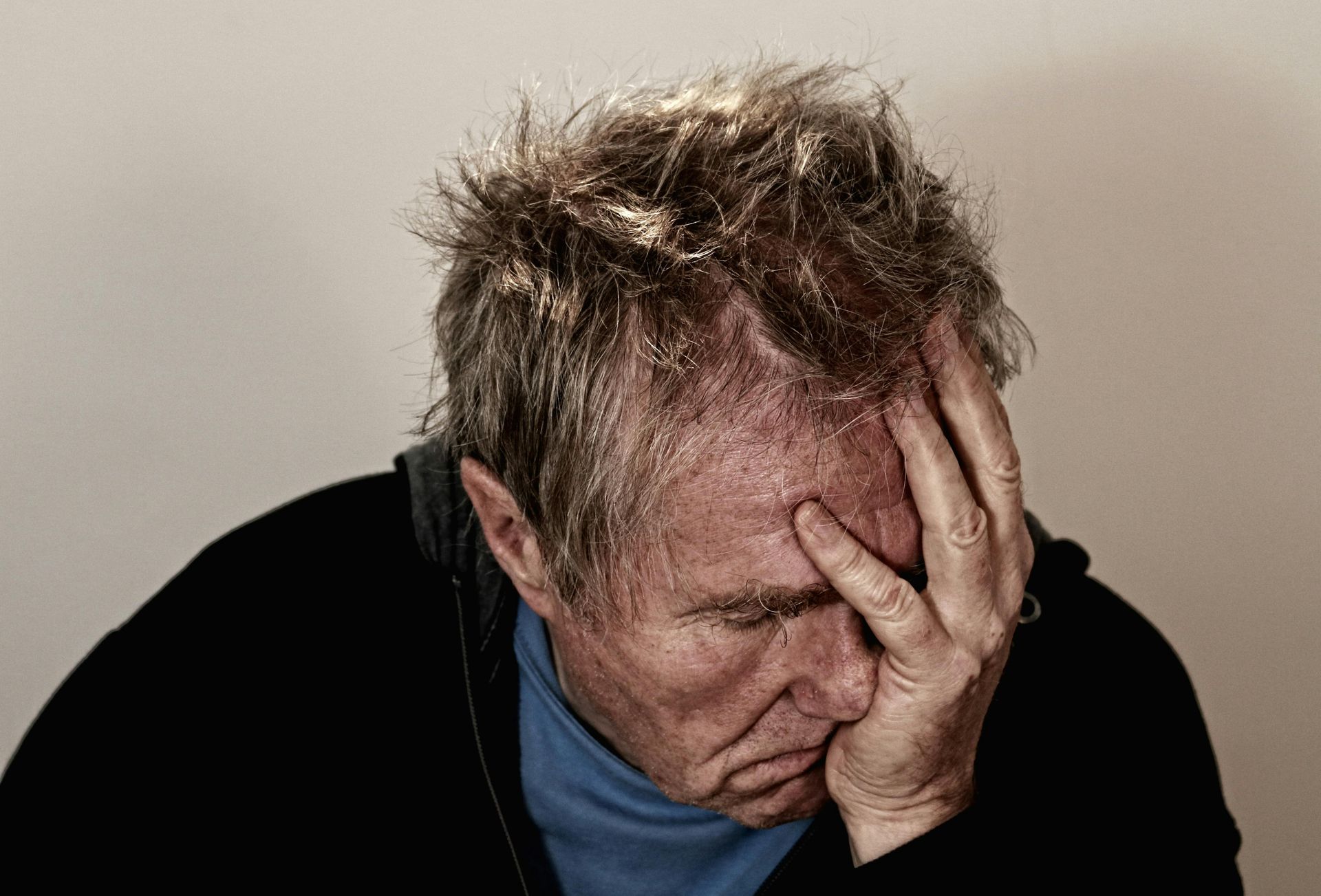The Siren Song of Busyness: Rethinking Our Pursuit of Productivity
In 1877, Robert Louis Stevenson observed, “Extreme busyness… is a symptom of deficient vitality,” and described people who are “scarcely conscious of living except in the exercise of some conventional occupation.” If this was a poignant observation in Stevenson's time, it is a deafening alarm in ours. Today, the standard response to "How are you?" has morphed into a badge of honor: "Busy! But good busy." But what of our modern fetishization of busyness and productivity? Does this relentless pursuit lead to fulfillment or merely to a hollow semblance of achievement?
The Cult of Productivity
Every year, countless books and articles are published, offering tips and tricks to boost productivity. The underlying message is clear: do more, and do it faster. But in this idolization of productivity, we must pause and ask: What exactly are we producing? Is it joy, happiness, or a positive impact? Or are we merely churning out more, without considering the value or purpose of our output?
Our society is fixated on the notions of 'more' and 'better.' But these terms are often left undefined, creating an endless race where the finish line keeps moving further away. What does 'more' mean, and 'better' in what sense? Are we improving the quality of our lives and those around us, or are we just accumulating more things, more responsibilities, and more stress?
The Cost of Constant Production
In our quest for productivity, we often overlook what we are sacrificing. The environmental impact of relentless consumption and production is evident, but there's also a more insidious cost: the erosion of our inner peace and equanimity. The constant pressure to perform and produce can lead to burnout, anxiety, and a pervasive sense of dissatisfaction. We need to ask ourselves: Is this trade-off worth it? Is this the life we consciously choose to lead?
There's a prevailing myth that being busy is synonymous with being productive. However, busyness often masks a lack of purposeful direction. It's easy to fill our days with tasks, meetings, and activities, giving us the illusion of productivity. But are these activities meaningful? Do they bring us closer to our goals, or are they just a way to fill time and give us a false sense of importance?
When we find ourselves compressed for time, our instinct is often to figure out how to fit more into our already crowded schedules. But perhaps the solution lies in the opposite direction. Maybe it's not about doing more but about doing less. It's about prioritizing what truly matters and letting go of the rest. This approach requires a radical shift in mindset, from valuing quantity to valuing quality.
In a culture that glorifies busyness, the idea of doing nothing can seem counterintuitive, even lazy. But there is immense power in stillness and in consciously choosing not to engage in the relentless cycle of production. Doing nothing can be an act of rebellion against the societal pressure to always be 'on.' It can be a space for reflection, for recharging, and for gaining clarity about what is genuinely important.
Instead of measuring our lives by the amount of work we do, we should measure them by the amount of meaning we derive from our actions. This shift in perspective can lead to a more fulfilling life, where our actions are aligned with our values and purpose. It's about finding joy in the journey, not just the destination.
Making a deliberate decision for less is not about settling for mediocrity. It's about making conscious choices about where to focus our energy and time. It's about understanding that our resources are finite and that spreading ourselves too thin diminishes our effectiveness and our ability to enjoy life.
Our society's fetishization of busyness and productivity warrants a critical reevaluation. Instead of mindlessly subscribing to the cult of busyness, we should question the true value of our actions. Are we enriching our lives and the lives of others, or are we just filling time? The next time you feel overwhelmed by the demands of life, consider what you can stop doing. Embrace the idea that less can be more and that sometimes, the best action is inaction. By doing so, we might just find the fulfillment and peace that constant busyness has promised but has never delivered.











